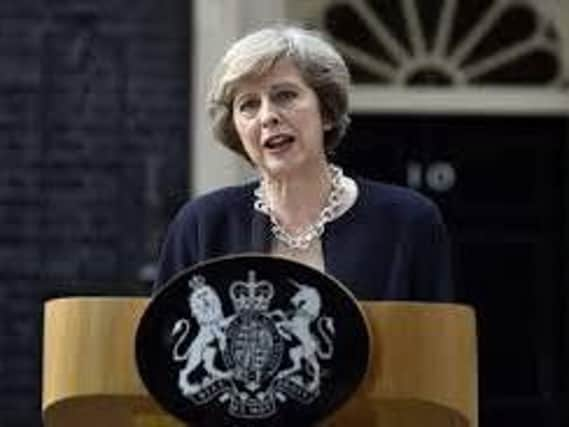Directors face "snap election" every year - QCA


It’s an assumption these days that governments intend to govern for five years. They and the public see this as a natural term of office, interrupted by the occasional snap election. Five years is seen as sufficient time in which policies can be developed and implemented. Government builds a track record which it can show as evidence to the voters next time around.
Over the last few years we have seen Government and policymakers have turned their attention to the need for long-term investing in the stock market so that companies can be helped to take a longer-term view in their decision making. We have seen many companies move away from reporting every three months. We have had the Kay Review and are currently in the middle of a Patient Capital Review sponsored by HM Treasury. Investors talk about investing for the long-term and there are strong indications that they are approaching corporate governance issues in that light.
Advertisement
Hide AdAdvertisement
Hide AdHowever, whilst governments have a natural term of five years, there is no similar assumption that the executive management gets the same five years in which to lay out and deliver its strategy.
Various corporate excesses have led to changes to company law that means that directors have to put themselves up for re-election each year. So investors have the right, each year, to vote an individual director or a board down. This is a sensible safeguard to avoid corporate excess, witnessed in a few high profile companies, but it may change the behaviour of all companies in an unintended way.
Investors thus set out to invest for the long-term but they retain the right to a snap election at any time. Looking at this in a political landscape, it’s the choice of the voters rather than government as to whether such a judgement is called.
Investors see companies as a democracy – one share gives one vote – but is this really the case, and do the most successful companies demonstrate this approach? If you look at Google and Facebook, successful high-tech companies, often cited as the sort lacking in the UK, they do not have a one share, one vote system. The founders retain an element of control by having more voting rights than ordinary investors. The investors don’t like this but it may be one of the key ingredients that has led to such companies building up their size and success, rather than selling out early.
Advertisement
Hide AdAdvertisement
Hide AdSo I think we should, at the very least, challenge the long-held belief that one share one vote is a given; that companies are democracies. With a strong corporate governance regime and appropriate stakeholder representation, founders could retain more control of their companies and use this control to lay out and deliver their strategy.
It’s ironic that governments want investors to invest for the long-term but require them to challenge directors every year. This must of itself lead to short-term thinking by business leaders. Perhaps our governments should allow companies the freedom they themselves have, encouraging them to think and act long-term, retaining control for longer periods. But then again, so many government policies are dictated by news and turned into soundbites. Governments can be strong and stable… until they start thinking about tomorrow’s front pages.
A week may be a long time in politics, but for directors, a year is probably not enough.